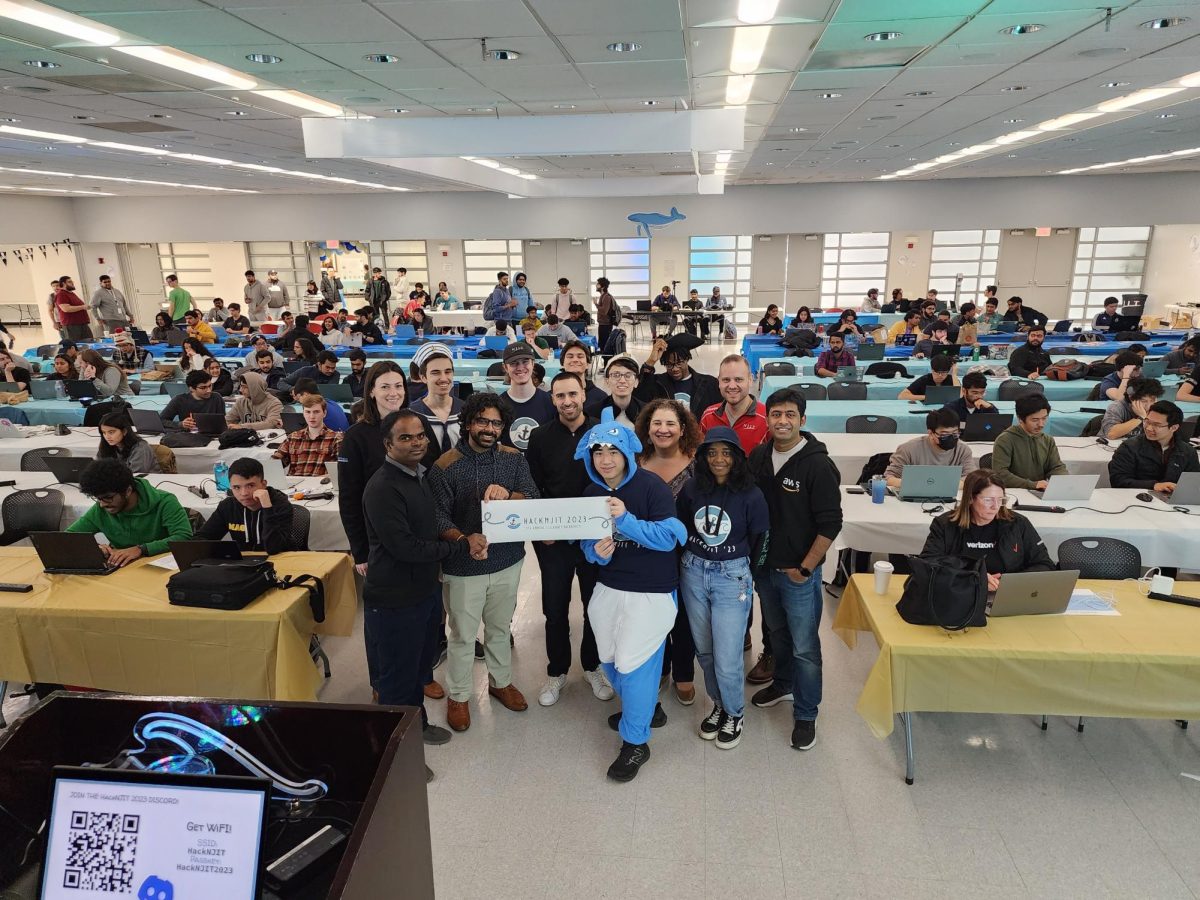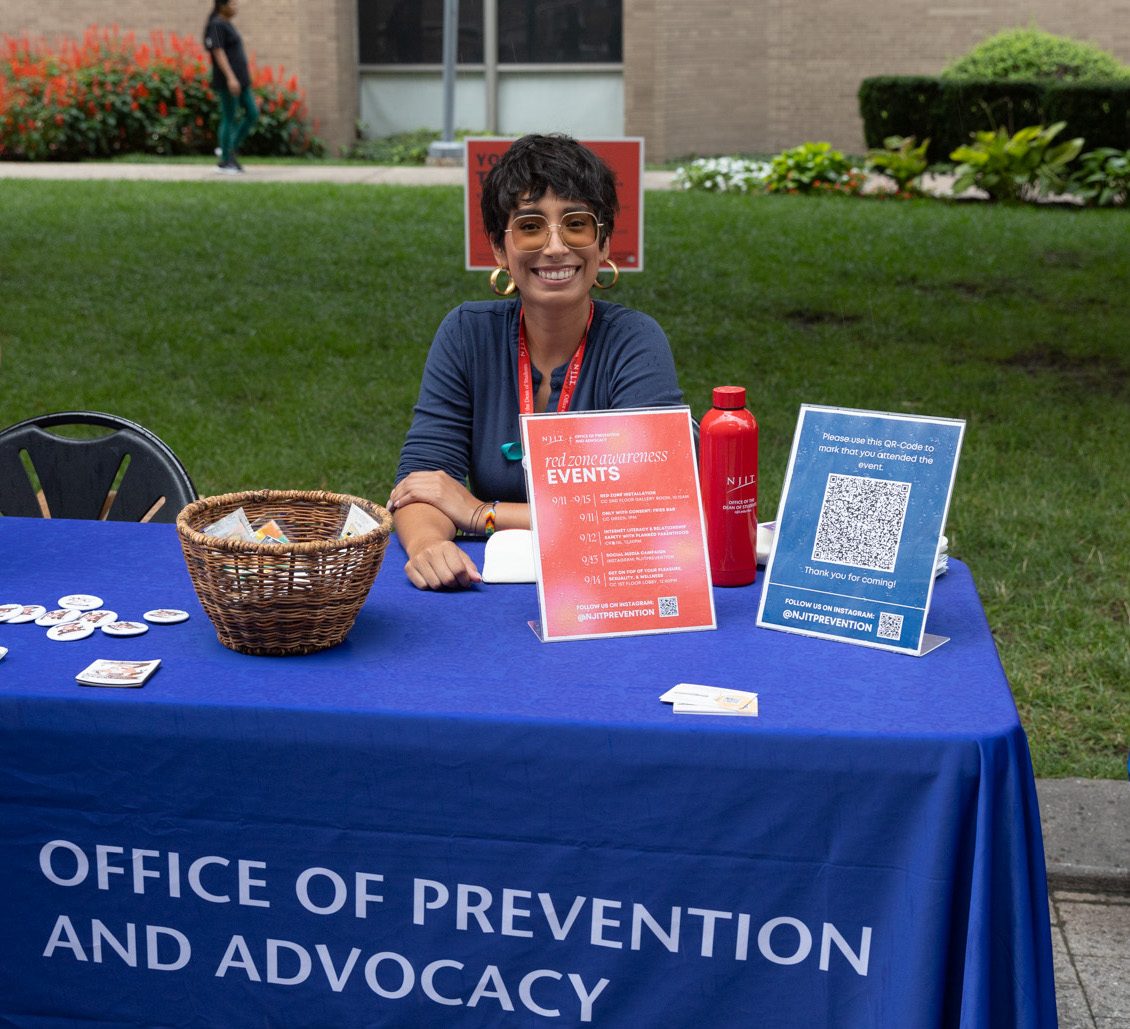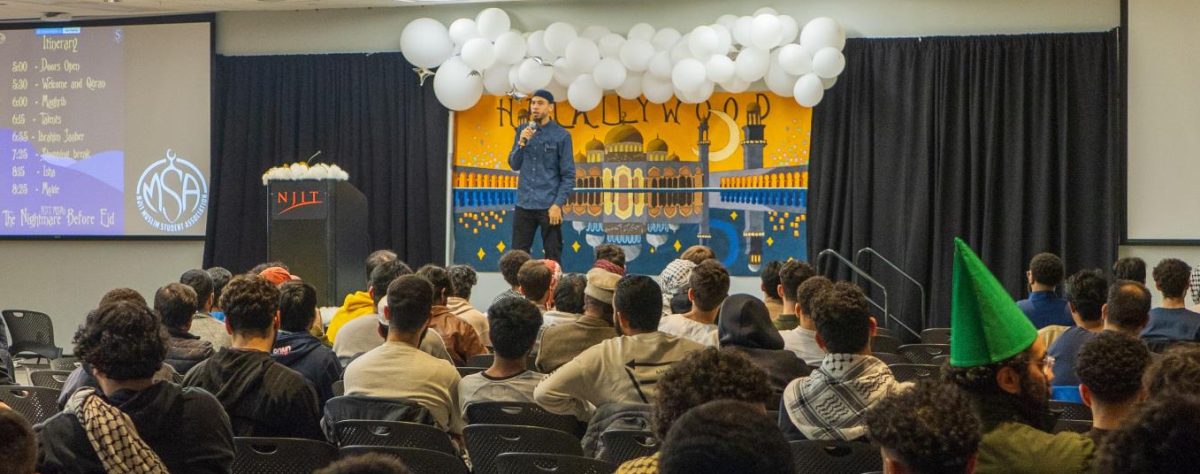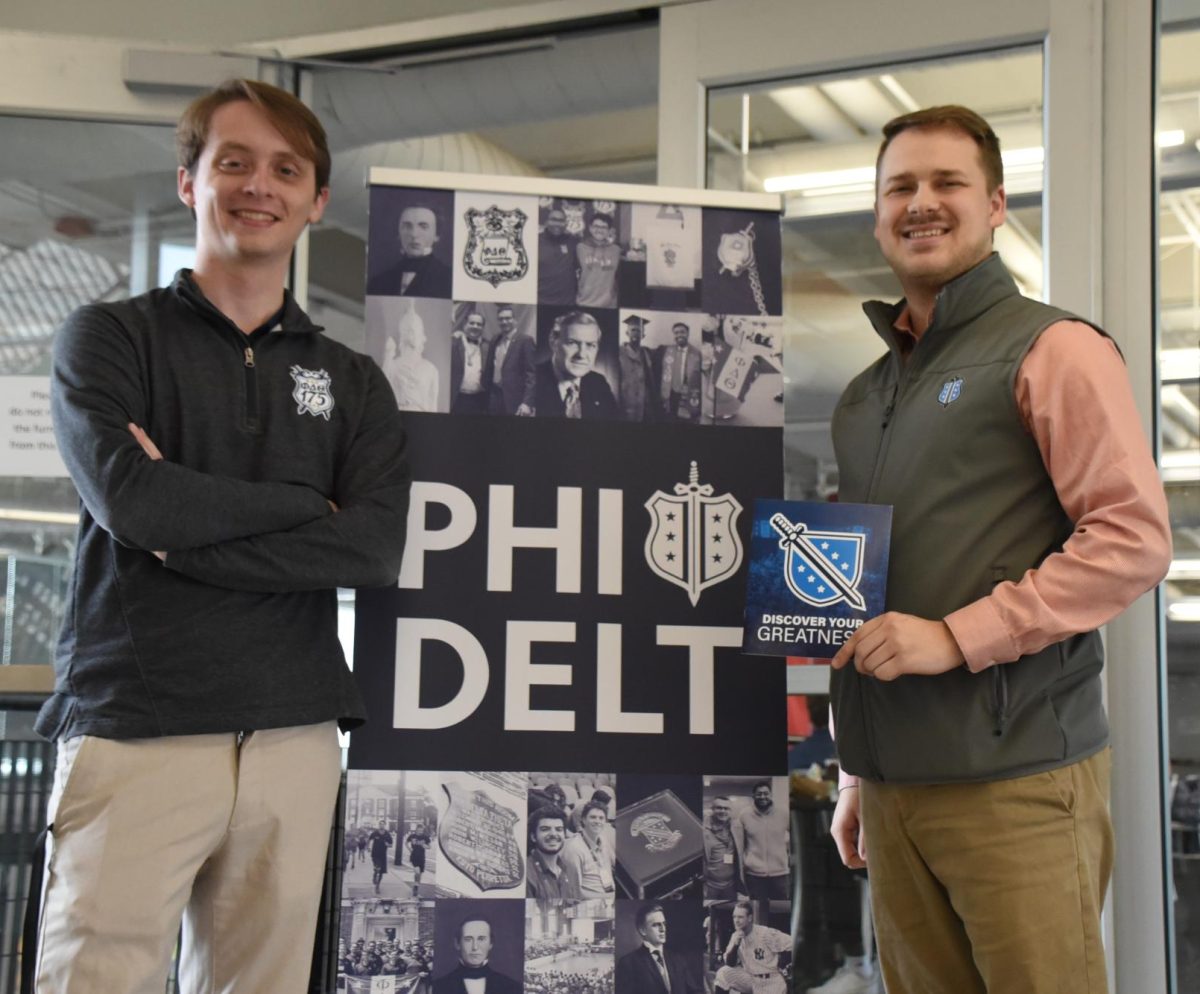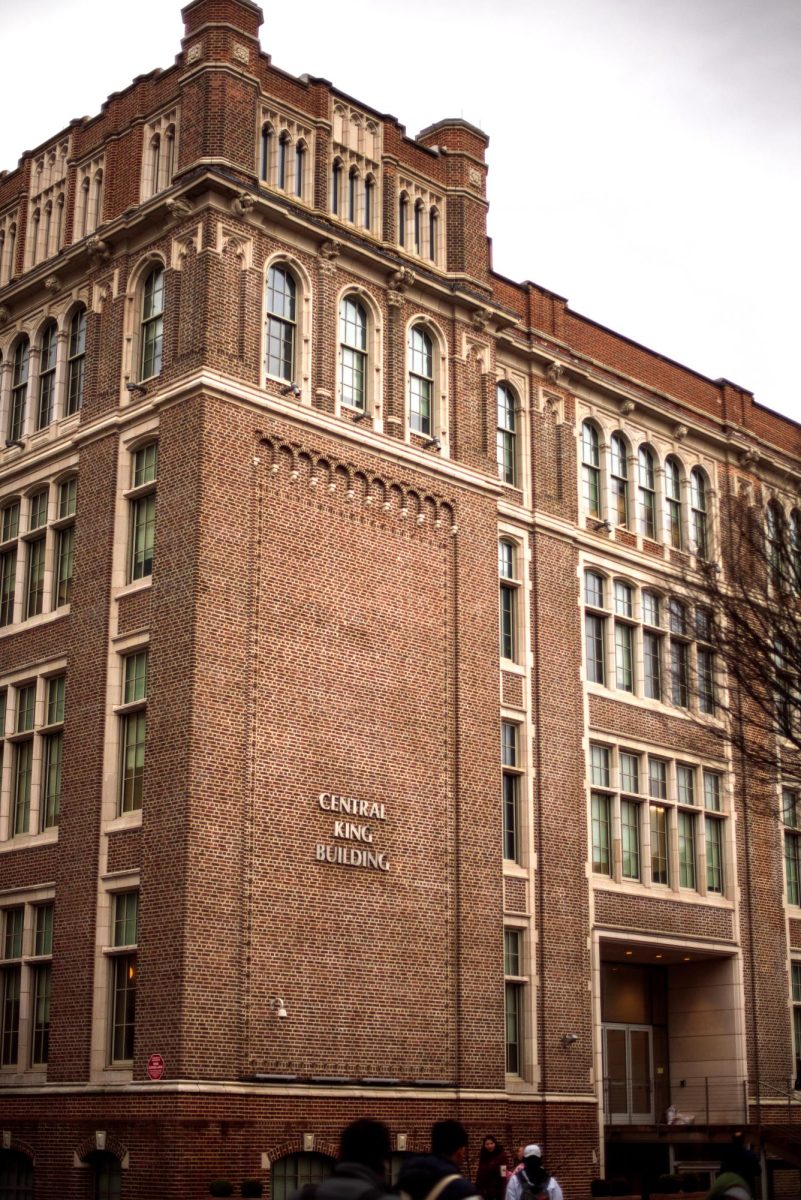On Thursday, September 29th at approximately 8:45 a.m. an NJ Transit commuter train crashed into Hoboken Terminal, killing 1 person and injuring 114 others. All rail traffic to the historic Hoboken Terminal, one of the busiest stations in the New York region, including NJ Transit and PATH was immediately suspended due to the heavy structural damage that the crash caused, and then allowed to resume by the next day.
The Pascack Valley Line had been travelling from Spring Valley, New York when the train climbed the bumper block, a device created to prevent trains from going past the physical edge of a track, and went through the rail concourse before stopping at the wall of the station’s waiting area. Most people were treated at Jersey City Medical Center and Hoboken University Medical Center following triage.
The woman killed in the crash was a 34 year old mother, Fabiola Birra de Kroon, from Brazil who was hit by debris while she was standing on the platform as the train hurtled into the station.
According to Omar Maamoun, a passenger aboard the train at the time of the crash, the train didn’t slow down or stop moving once it arrived at Hoboken Terminal, “… [the train] just didn’t stop and I don’t know why.”
Eyewitnesses report that portions of the station had completely collapsed, including the train shed. In addition, reports indicate that water was spraying at the crash site. Because the PATH train tracks lie directly underneath the crash site, officials suspended PATH service to Hoboken terminal as a precaution. As a result, local buses and ferries cross-honored NJ Transit train tickets.
Harini Rajashekar, a sophomore mechanical engineering student, said she was shocked when she heard about the tragedy since she uses the Pascack Valley Line regularly, “All I could think was how I could have been on that train that morning. I use the same line to get from home to school and back. I can’t imagine being in that situation.”
The train’s engineer, Thomas Gallagher, 48, is a 29 year veteran of New Jersey Transit. He has been subject to toxicology tests and says he does not remember the crash. Preliminary tests reveal he was likely not under the influence of drugs or alcohol. Gallagher cited being fully rested, having completed all braking tests prior to departure, and that nothing seemed unusual during the trip.
The train reportedly did not have an automatic braking system, so early speculation cites this as a possible reason for why the crash occurred. The National Transportation Safety Board (NTSB) had a “go team” sent to the scene in a helicopter to initiate an investigation.
Since debris cleanup began, investigators have retrieved one of two black boxes from the wreckage. The box was found to be a 1995 model and non-functional. The second box is being extracted at a later time to prevent any damage to the event recordings. According to federal sources, the entire front cab, containing an event recorder and an outward facing camera, has not been accessed due to excessively high asbestos levels.
Earlier this year, in June, NJ Transit was found to have dozens of code violations and asked to take emergency steps to address them. According to the Associated Press, New Jersey Transit has paid over half a million dollars to settle federal safety violations for the last 5 years. Violations included employee drug and alcohol use and violations to outlined railroad rules and guidelines.
Initial investigation found that no signals or tracks were dysfunctional at the time of the crash; a new lubricant applied to tracks to test train wheels was the reason for the PATH train crash at the same station in 2011 so investigators initially looked to similar causes for the recent crash.
Rutgers University-Newark Chancellor, Nancy Cantor, sent an email to all administration, staff, and students offering her deepest condolences for those affected by the tragedy. She even expressed the need for understanding for individuals whose commute may have been affected by the crash. NJIT, a primarily commuter school, has not sent an acknowledgement to students as a response to the event.
Maliha Mathew, a sophomore biology student, acknowledged the tragedy but mentioned she was happy to hear the stories that came from the crash about people helping each other, “Although this was a terrible tragedy, the display of selflessness in an emergency is uplifting. I read a few stories including one about a pregnant woman who was carried through the window to safety by other passengers. This gives me faith in humanity.”
Any students or staff affected by the tragedy are encouraged to visit the Center for Counseling and Psychological Services in Campbell Hall for help and support.



























